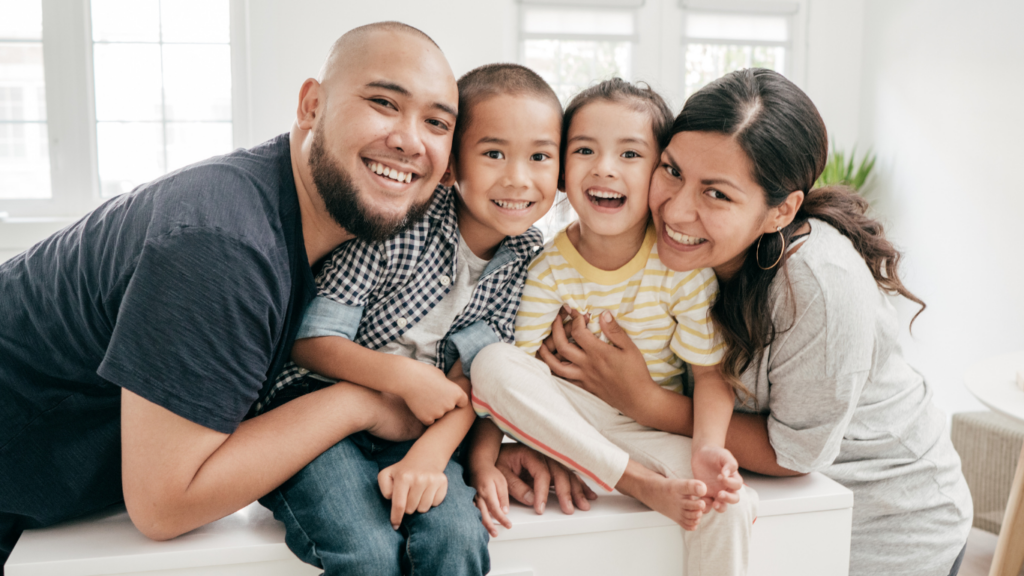Patience isn’t something I’ve always been great at, but becoming a parent changed everything. My child, with their boundless energy and endless curiosity, has a way of turning even the simplest moments into lessons. I didn’t realize how much I had to learn until I found myself navigating the unpredictable world of parenting.
Understanding Patience Through a Child’s Lens
Children approach life with unfiltered curiosity and a natural tendency to explore. Their need to touch, question, and experiment often results in delays and unexpected detours. Observing this behavior has reshaped my understanding of patience. It’s not about waiting passively but engaging actively while allowing time for growth and discovery.
I’ve learned that when a child pauses to admire a butterfly or struggles to tie their shoes, these moments aren’t interruptions—they’re opportunities. They remind me to slow down, be present, and find value in seemingly small actions.
Children don’t view time as linear or rushed. They live fully in the now, unconcerned with schedules or external pressures. This perspective has helped me see that patience is about aligning with their pace, not imposing my own. By letting go of control, I’ve found more joy in shared experiences.
The Early Challenges of Parenthood
Parenthood introduced me to unfamiliar challenges that tested my patience in ways I’d never anticipated. Navigating these early moments became a profound lesson in adaptability and growth.
Moments of Frustration
I initially found even small disruptions overwhelming. Sleepless nights, inconsolable crying, and constant messes often stretched my limits. For example, calming my child during a late-night meltdown felt impossible when I was already exhausted. I realized my frustration stemmed more from my expectations than their behavior. Letting go of control allowed me to approach such moments with understanding rather than irritation.
Physical and emotional exhaustion compounded these struggles. Balancing childcare tasks, like feeding and diaper changes, while juggling daily responsibilities felt relentless. Recognizing that these frustrations were temporary helped me persevere, one moment at a time.
Learning From the Unexpected

- Unpredictable moments taught me to see parenting as a journey rather than a strict schedule.
- My child’s fascination with random objects—like dragging trips out by stopping to examine a stick—forced me to slow down and adapt.
- Each delay became a teaching moment, showing me that flexibility creates space for discovery and connection.
- Mistakes also became valuable learning opportunities.
- Once, in my rush to expedite bedtime, I skipped our usual routine, only to find my child restless all night.
- This moment clarified the importance of patience in maintaining consistency.
- Accepting imperfections helped me focus on progress instead of perfection.
Lessons in Resilience and Growth
Parenting has been a profound teacher of resilience, showing me the importance of persistence and growth in the face of challenges. Watching my child navigate life’s ups and downs made me reevaluate my own approach to setbacks.
Embracing the Slow Process
I realized that growth takes time when I saw my child try and fail repeatedly before succeeding. Whether it was learning to walk after countless falls or struggling to read a single word, these moments showed me that progress isn’t instant. I came to understand that resilience develops in those pauses, where frustrations are met with determination. By embracing their pace instead of rushing outcomes, I began to value patience as an essential part of personal growth. For instance, supporting my child’s efforts to build a tower, block by block, taught me to appreciate the process rather than just the result.
Finding Joy in Small Victories
Every small accomplishment my child achieves—like mastering shoe laces or solving a simple puzzle—became a reminder to celebrate incremental wins. These moments taught me to shift my focus from perfection to progress. Clapping for their first successful jump or rejoicing over their neat handwriting helped me see resilience in everyday triumphs. Over time, I learned that these seemingly minor successes are the building blocks of confidence and growth, both for them and for me.
Transforming My Perspective on Patience
Parenting has reshaped how I view patience. My child’s actions often remind me to:
- slow down
- listen closely
- adapt with empathy and flexibility
The Power of Empathy
Empathy became central to my understanding of patience. When my child struggled to express emotions, I initially felt irritation or helplessness. Their tears and frustrations, though, reminded me they were still learning a language for these feelings. Instead of reacting, I began stepping into their shoes, observing what triggered their distress. It could be a broken toy or an unfamiliar routine, but seeing the world through their eyes helped me respond with kindness rather than frustration. This lesson deepened my connection with my child and expanded my ability to stay calm.
For instance, during a public meltdown, I stopped focusing on onlookers and instead focused on my child’s immediate needs. Realizing their outburst stemmed from exhaustion and overstimulation, I learned to create calmer transitions in the future. Empathy shifted those moments from battles to opportunities for growth and understanding.
Letting Go of Control
Learning to relinquish control transformed how I experienced patience. As someone who once thrived on order, I struggled with the unpredictability of parenting. My initial reaction was to manage every detail, from meal schedules to bedtime routines. However, my child’s spontaneous nature often disrupted my plans—whether it was insisting on putting shoes on the wrong feet or deciding to paint with spaghetti sauce.
Recognizing I couldn’t control everything led me to embrace flexibility. One time, after a chaotic attempt to dress for school, I abandoned the fight and let my child choose their mismatched outfit. Their pride and smile taught me that nurturing independence mattered more than strict adherence to my preferences. Letting go redefined patience not as control but as trust, allowing space for individuality and shared joy.


 Founder & Editorial Director
Founder & Editorial Director
